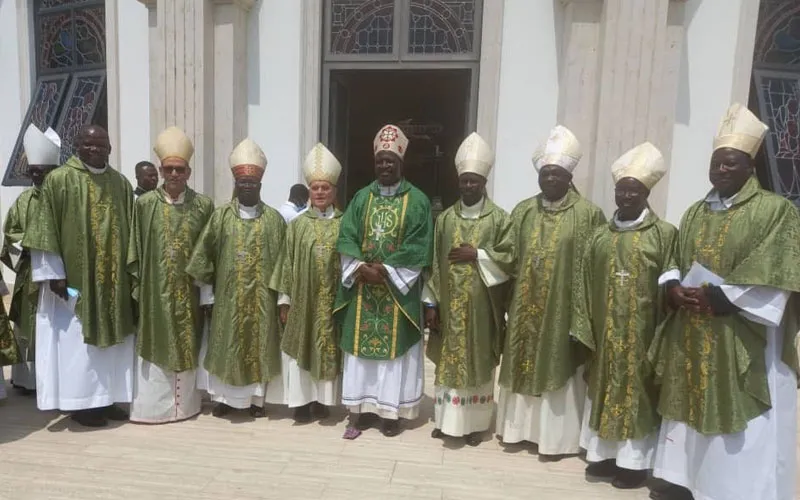N'Djamena, 26 November, 2022 / 9:50 pm (ACI Africa).
The celebration of Holy Eucharist in all Parishes in Chad and reaching out to those who have suffered as a result of violent conflicts in the country are among the activities Catholic Bishops in the North-Central African nation have directed for the planned Prayer Day.
In a statement circulated Tuesday, November 22, the leadership of the Episcopal Conference of Chad (CET) gives directives of Chad’s Catholic Bishops and underscores the need for “spiritual deepening” in the search for lasting peace in the country.
“In common agreement with the other Bishops of CET, we have decided to observe 28 November 2022 as a day of reflection and prayer in all our Parishes,” the President of CET, Archbishop Goetbé Edmond Djitangar, says in the statement dated November 20.
CET President says that the Catholic Bishops agreed that in all Parishes countrywide, Holy Eucharist be celebrated with the intention “to seek God’s intervention for peace in Chad.”
“I ask all Parish Priests to take care of this liturgy and to give it the appropriate form and duration since the day is a holiday,” Archbishop Djitangar says.








